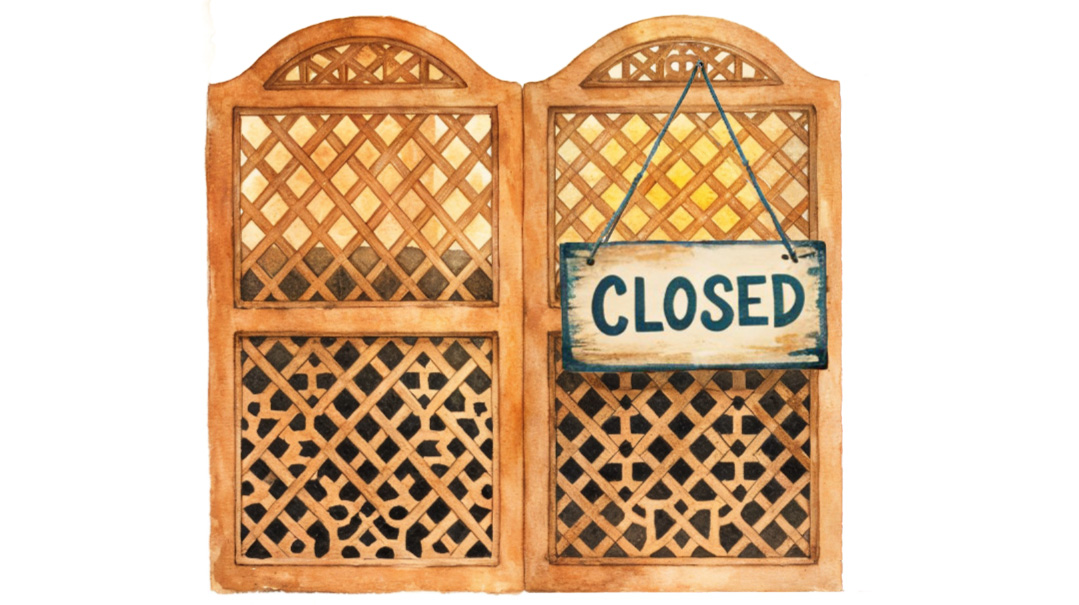Rate Your Pain


That Purim I was really suffering.
Not the kind of suffering you experience when you stayed up all night putting together mishloach manos that didn’t work out the way you planned and ended up costing too much and were too complicated to assemble. The kind of suffering that brings up all those thorny existential questions, that calls into doubt the meaning of your life and whether it’s all worth it.
When it was time to go to Megillah, I dressed extra carefully. I wore a new dress, a color that made me glow, and I carefully applied fresh makeup. I wore suede wedge boots and my Shabbos sheitel, swept away from my face and falling in soft curls. I was that clich?d lady who looks beautiful on the outside so no one can tell how she feels inside, acting out an overused Purim metaphor by wearing the perfect costume.
My daughter came with me to Megillah. She looked gorgeous too, in her princess costume, with poise I never had when I was six years old. It was a comfort to have her with me. When we got there, the room was crowded and I switched on social mode: Greet everyone like you were hoping to meet them here, smile at them, offer a compliment. You never know what’s going on in someone else’s life… right?
My daughter sat near me. Her friend joined her. Under her crown, she was bald — months of chemo. She can’t hide her pain with a new dress and friendly greetings. Still, no one judges you for being sick. Who’s to say what kind of suffering is worse? I was in the kind of mood where I didn’t feel like apologizing for that thought.
This line of thinking was not going to be productive. I should think about the Purim story. All the answers are in there. My daughter’s friend shifted anxiously; her mother was sitting farther away. I smiled at her and she smiled back, looking relieved. I could still do something for someone, I guess.
I scanned the room. A room full of Jewish women and girls, waiting to hear the Purim story. Everyone looked like me — nice clothes and makeup in honor of the holiday. I guess they could all be suffering secretly, just like I am, but it’s hard to believe. Everyone looks so normal.
It feels like it’s just me. Well, me and my daughter’s friend, I guess. And Tammy — I spot her across the room. Her aunt is dying and her parents are elderly and she’s taking care of everyone. As well as her own family, of course. I look at Tammy and I can see the suffering in her eyes. Is it only me, tuned in as I am to suffering, or can everyone else see it too? I’ll call her after Purim. It’s hard to suffer alone.
On the way out I meet Rachel. I open my mouth to give a perky greeting, but instead I say, “Would your Aliza be interested in a painting workshop?”
She stops walking. “Why are you asking me this?”
“Yes or no?”
“Aliza is in crisis,” she says, in a tone that indicating that she assumes I know. “If I could get her interested in anything, that would be a lifesaver.”
(Excerpted from Family First, Issue 632)
Oops! We could not locate your form.







